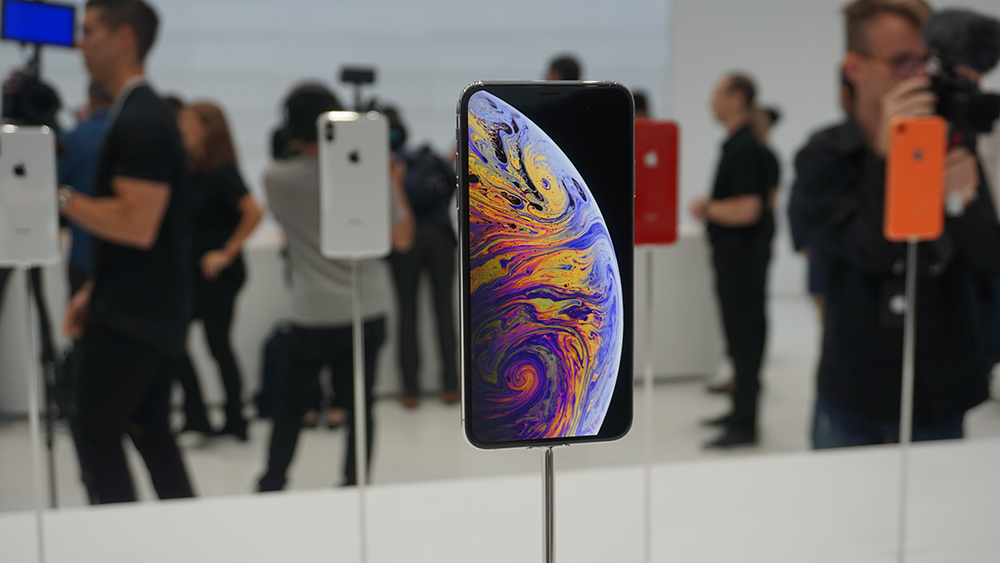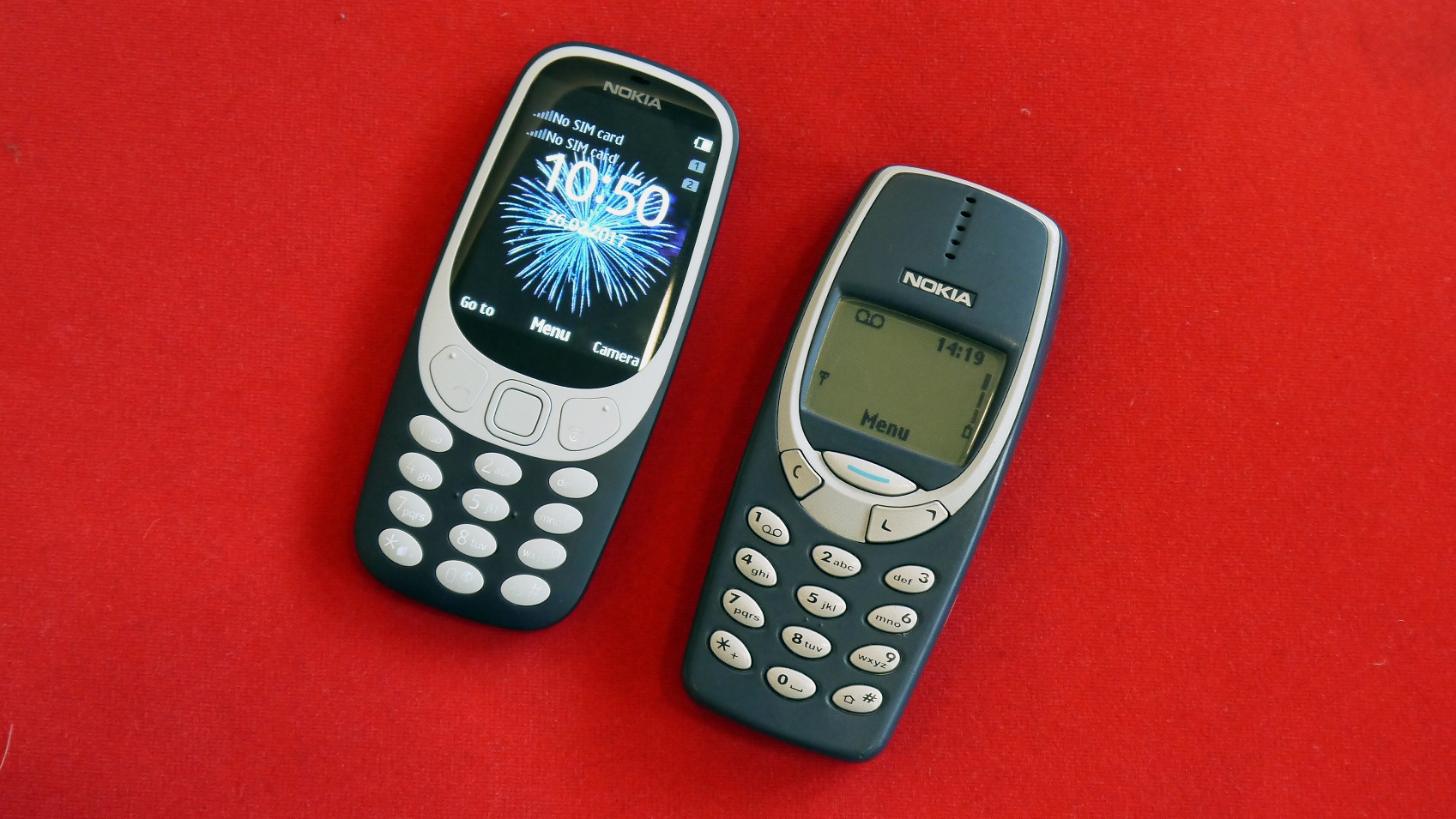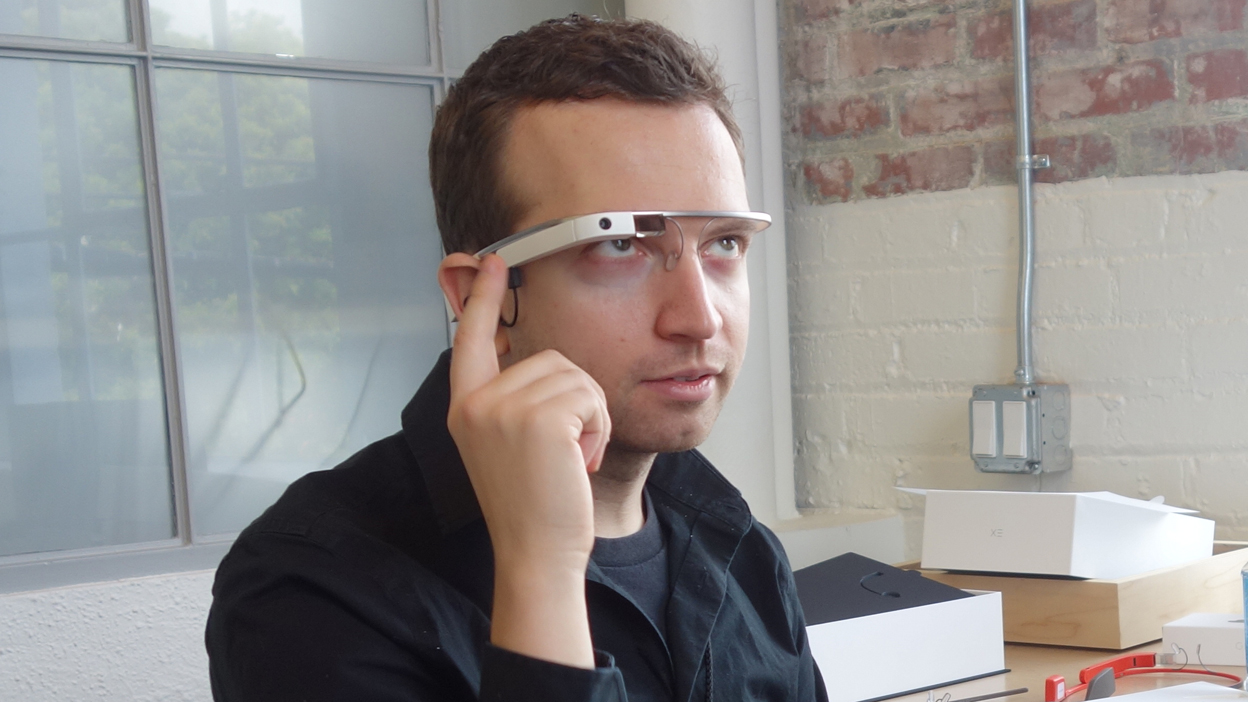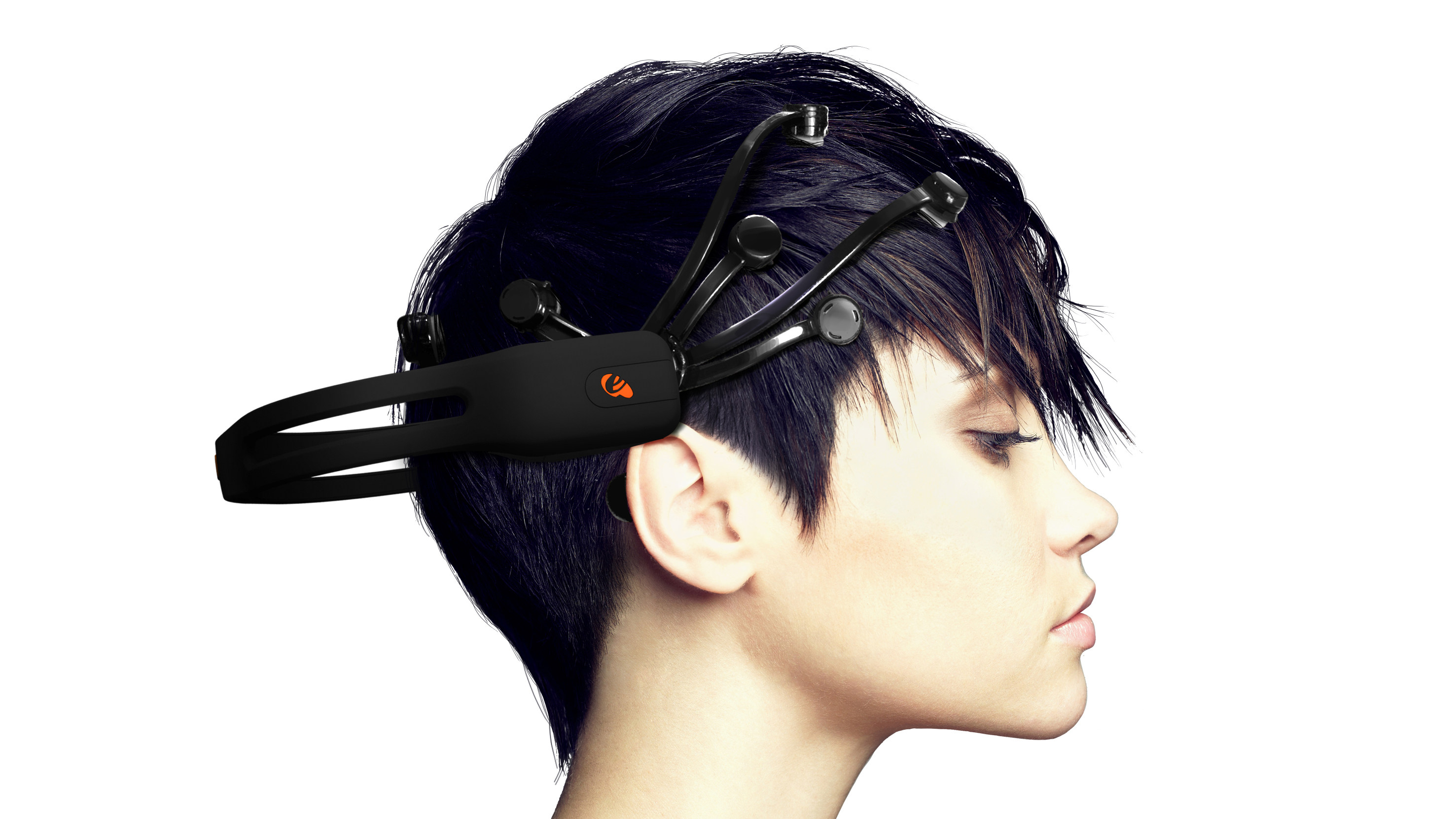When will the smartphone die?
Could the smartphone ever become yesterday's news?

Let's play a game. Do you have a portable MP3 player? Or a point-and-shoot digital camera? Okay, let's try something harder; what about a portable CD or cassette player? A PDA? A MiniDisc player, even? The chances are, you're more likely to have replied in the negative to those final few examples; they're all gadgets that, in the past few decades, have all but died out. The reason? The arrival of the smartphone, and the wonder of technological convergence.
Prior to the smartphone revolution, it was common to own several devices for performing different tasks; an MP3 player would house all of your music, and before that, you might own a MiniDisc or portable CD player. A pocket-sized point-and-shoot camera was the norm not so long ago, as was a near-essential handheld games console, like the Nintendo DS. Meanwhile, your phonebook and appointments may well have been captured and stored on a fancy Personal Data Assistant, like a Palm-powered Sony CLIÉ.
Once the smartphone explosion began in earnest with the release of the iPhone and the launch of Android, suddenly all of these devices were rendered obsolete; perhaps not overnight, but certainly in a surprisingly fast fashion. Nowadays, the MP3 player market has shrunk to practically nothing, portable games machines are selling in numbers much lower than they were a decade ago and the sheer notion of carrying around a PDA seems hopelessly outdated. However, it's easy to forget that not so long ago, these devices were being sold to us as the future.
Big-screen revolution
The smartphone's dominance of the consumer tech industry is the perfect example of convergence done right; it's a device that can play music, take photos, host games, track your fitness levels and – oh yes – make phone calls. It's a truly essential piece of tech, but can its appeal really last forever? Surely, just like the myriad gadgets it has supplanted, the smartphone will itself eventually be superseded itself by something more initiative, useful and enriching?
”It will have to be a marriage of technologies and features, including but not limited to virtual and augmented reality on interactive screens powered by the cloud.”
Paolo Pescatore, tech analyst
"It will have to be a marriage of technologies and features, including but not limited to virtual and augmented reality on interactive screens powered by the cloud," replies Tech, Media & Telco Analyst Paolo Pescatore when asked what could possibly replace the smartphone as the must-have gadget in our lives. "Any wall or display could be virtually authenticated through facial recognition. Then it is all about voice providing commands to make a call, watch a video, play music, control heating at home, switching the car on, and so forth."

Of course, such tech exists already, albeit in a slightly simpler form. Devices like the Amazon Echo and Google Home can understand spoken commands, allowing you to do things like turn off the lights in your house, order food, browse the web for the answer to a question and even play your favorite piece of music, all without you having to interact or touch a device. But this isn't something you can carry around with you – at least not yet.
It's little wonder that the smartwatch has failed to replace the smartphone, as was predicted by many not so long ago.
Wearable tech has perhaps the best chance of relaxing the smartphone's grip on our daily lives, but the smartwatch sector hasn't been anywhere near as successful as was expected when it was first teased; most smartwatches are still reliant on our phones, making them a supplementary device rather than a standalone one.
Sign up for breaking news, reviews, opinion, top tech deals, and more.
Those watches which do come with cellular connectivity and all the bells and whistles of a phone are rendered difficult to use because of the tiny screen – it's hardly ideal for touch interaction and certainly not something you'd want to browse the web or watch a movie on. It's little wonder then that the smartwatch has failed to replace the smartphone, as was predicted by many not so long ago.

Augmented reality solutions could prove to be the next big step, but in this sector of the market things haven't exactly gone according to plan. Google's Glass project looked set to change things forever, offering you the ability to interact with the digital world without taking your eyes off the real world. The project never made it into full production, although units were available to buy if you had a few thousand lying around.
Glass was visionary and felt like a taste of the future, but it also threw up all kinds of dystopian problems, ranging from people being distracted by pop-up messages while crossing the road to the fact that with an always-on HUD, there was the very real danger that advertisers could bombard you with location-sensitive promotions 24 hours a day.
What's coming next?
There's a good chance that the technology that does eventually replace the smartphone is so fantastical that we can't really comprehend or understand it right now; just as if you took someone from the 1970s and tried to explain the concept of a pocket-sized gadget that could do everything from play movies to take professional-quality photos – they'd assume you were utterly crazy.
Perhaps the next big leap isn't a device which you hold in your hand, but something that interfaces directly with your brain itself – science fiction for sure, but when you look at the rapid progress made in the world of technology in the past half-century, it seems churlish to write anything off.

However, for Pescatore, change isn't something he sees as being on the cards, at least not in the short term. "The smartphone is an indispensable part of people’s lives," he says. "I don’t foresee this changing any time soon. People want to have something tangible in their hands. We spend more time looking at our smartphones than any other device. People want to watch video, play games and listen to music on the fly. There’s no better device to do that than a smartphone."
”The smartphone is an indispensable part of people’s lives. I don’t foresee this changing any time soon.”
Paolo Pescatore, tech analyst
Indeed, Pescatore believes that the smartphone is a totally unique device in that it has become absolutely essential to the average person; it's not a one-use gadget, but something that covers a multitude of functions, more so than any other piece of technology before it.
"It is the swiss army knife of the tech world," he continues. "Whereas other tech has fallen by the wayside, we’ve seen a slew of novel features integrated into a smartphone. It's incredible to think premium high-end smartphones are now commanding a price of more than $1,000/£1,000, and the price is heading in one direction. This is something that the handset providers will want to maintain."
TechRadar's Next Up series is brought to you in association with Honor
